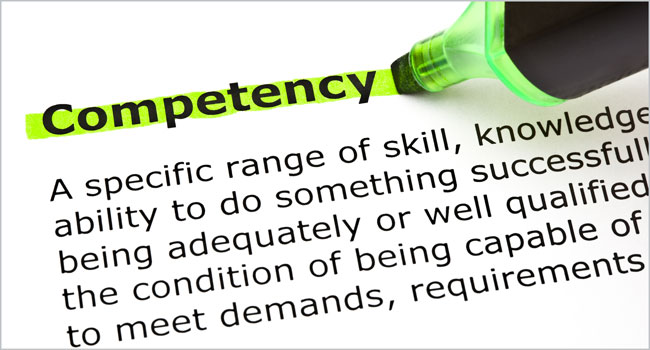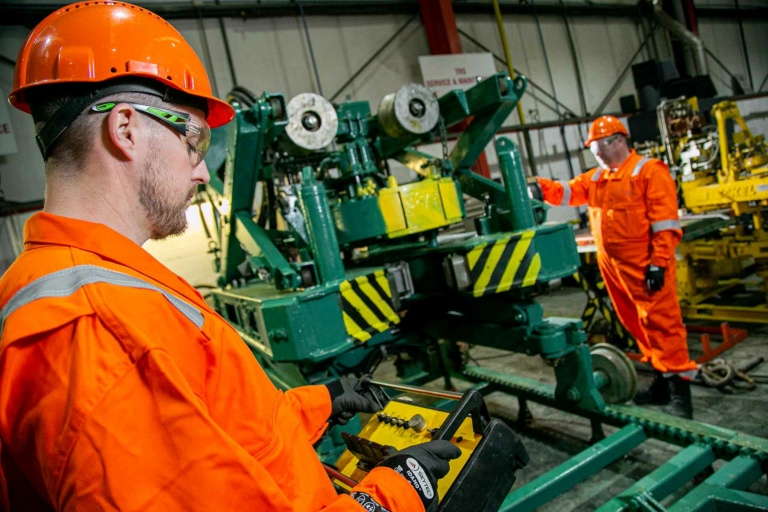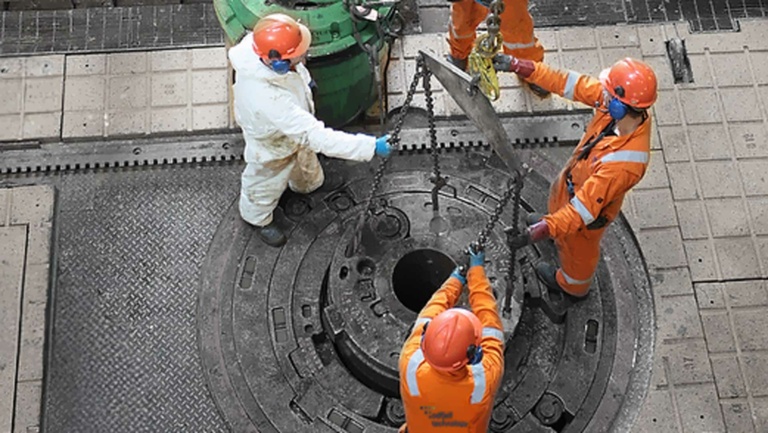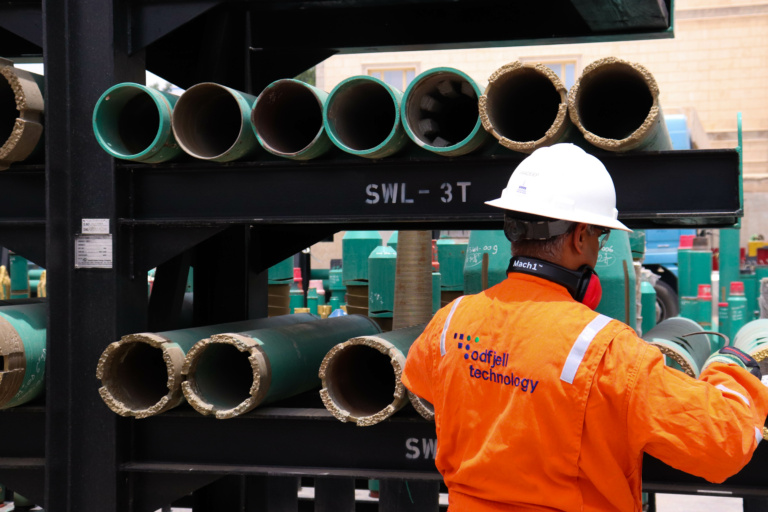Years of experience says nothing about your offshore competence
You may have heard the saying “You can have 20 years of experience, or 1 year of experience repeated 20 times”. In other words, if someone does the same thing in an inefficient way over and over they’re probably not as competent as that smart person that’s worked more efficiently in their first year.
Individuals that are faced with varying types of frameworks, systems, processes and challenges and have learned to problem solve in a dynamic and productive manner due to exposure, will have a wider overall grasp and a high standard of offshore competence.
Experienced individuals are more versatile, they tend to have a diverse array of solutions to a variety of issues. They have a deep understanding of their field. Not only do they solve problems but more importantly, they prevent them from happening in the first place.
Sometimes we see operators asking for their required offshore personnel to have at least four years of experience in tong running. I believe it’s not just about having that mileage behind them, it’s everything that has gone into those years.
How do you measure competence?
At OWS we have a system that can determine if an individual with one year of experience will be better for a particular job than an individual that has, say six years of mileage. By using this process we can deem whether a person has REAL experience, so when operators demand their crew has at least four years, we have ways to measure an overall level and provide them with correct crew that have the correct offshore competence for the task at hand.
A great way to instill new competence is by training. By giving people new challenges and assessing them. When you can see who understands, you can see who’s competent. You can also see who requires more direct training on specific items, giving that individual the possibility to raise his/hers competence. We used to have a lot of focus on training courses but, we never really had a way of measuring the competence gained. This is why assessing them is important. We can really see if they have understood and achieved a required knowledge by doing this.
Continuous training and assessing is essential because competence standards change constantly and customers’ demands are increasing. Manufacturers change their products or upgrade existing equipment, and new processes and systems are put in place, this means people need retraining and reassessing to keep up with new standards. It’s vital to make sure procedures and manuals are set to bring people to a high competence level and classify them as soon as they are at an accepted level of competence.
The silent knowledge
Saying this, there is a certain silent knowledge that comes with 20 years of mileage. It could be an offshore casing operator that knows the history behind an old casing job that was done years ago. That person may have good connections with the customer and be able to explain situations in a better way than someone with four years experience. They may have more confidence to stop the job if something goes wrong. It’s always a challenge, but it’s vital to transfer this hidden knowledge into formal visible knowledge and implement it into training programs and assessments.
It’s not about mileage
Competence is not about mileage or years; it’s about demonstrating abilities in a confident manner. A deep knowledge and understanding a person has gained within a period of time is what defines them as experienced and ultimately competent for their line of work.
For more information on offshore competence read: Can a competent drilling crew also be used to run casing?
Topics: Casing Running

By: Svein Krosli
Svein has been with OWS for 15 years as TRS technician, technical supervisor and instructor. He is now Global Product Line Manager, Tubular Running Services.



